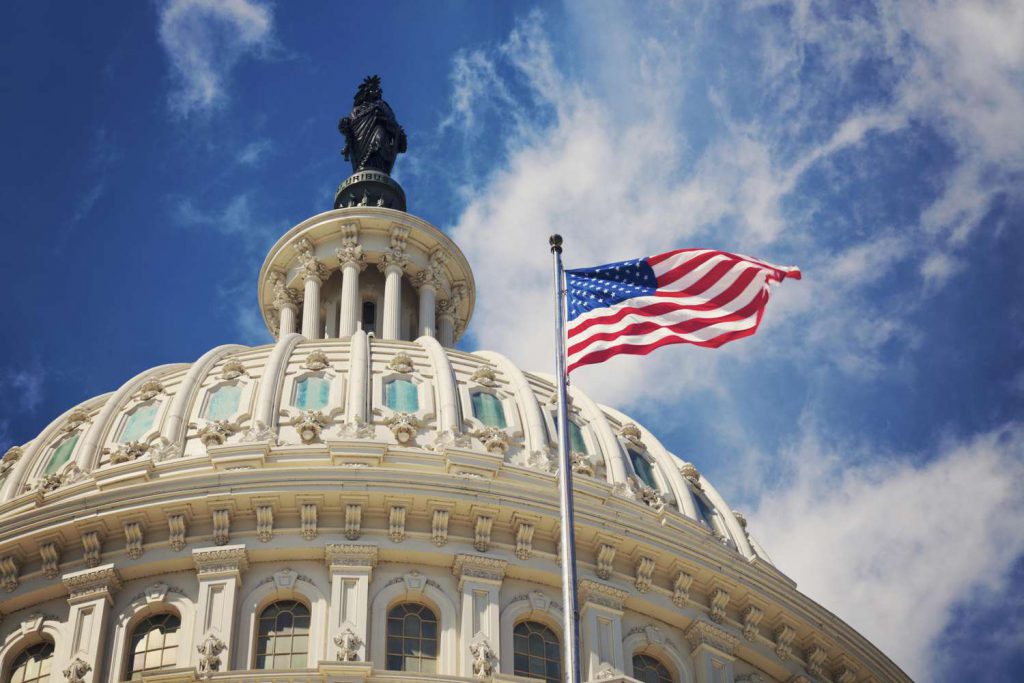In a landmark development for the digital assets sector, the US House of Representatives has passed the FIT21 crypto bill. Indeed, the 21st Century Financial Innovation and Technology Act represents a major step forward in the mission of regulatory clarity in the United States.
US President Joe Biden issued a statement regarding the vote scheduled to take place today. Specifically, the White House acknowledged that it does not support the bill, but that he would not veto it if it reached the president's desk. However, the bill has bipartisan support to introduce a comprehensive regulatory framework for a growing industry.
Also read: Cryptocurrencies: 3 coins that can make you a millionaire
US House of Representatives passes FIT21 cryptocurrency bill, heads to Senate
In recent years, digital asset markets have faced increasing uncertainty regarding their operations in the United States, primarily due to regulatory tactics adopted by the U.S. Securities and Exchange Commission (SEC). Specifically, the agency has engaged in enforcement-based regulation that has undermined the growth of the domestic market.
But that is about to change as the U.S. House of Representatives passed the FIT21 cryptocurrency bill today. The bill has significant bipartisan support, with eight House Democrats signing a memorandum in support of the Republican-drafted bill.


Also Read: US Lawmakers Introduce Bill to Abolish the Federal Reserve System
The bill had long been expected to be passed at this stage. Instead, the bill will now go to the Senate. There, the final fate becomes somewhat unclear. However, members of the House of Representatives are reportedly intensifying talks with senators to begin progressing legislative measures in the digital asset area.
In an election year, the field itself has become an increasingly competitive battleground. Donald Trump recently announced that he will accept cryptocurrencies in his fundraising efforts. Additionally, Biden recently announced his intention to consult with Congress on a “balanced regulatory framework.”
Even if the bill doesn’t pass the Senate, the development of its framework has already begun, so hopefully this momentum will see the spirit of the law take shape, especially as the modern political climate becomes more tackling to the industry.

